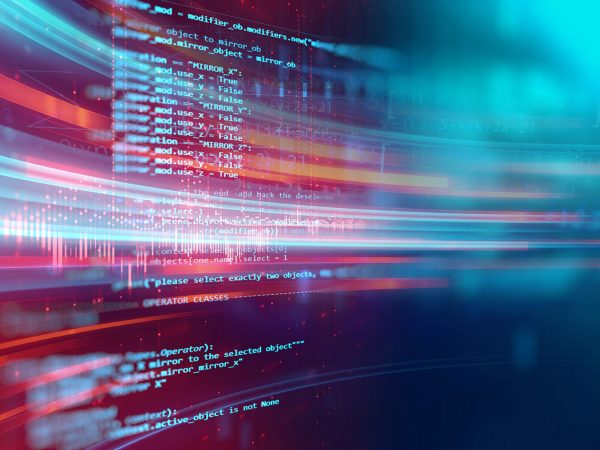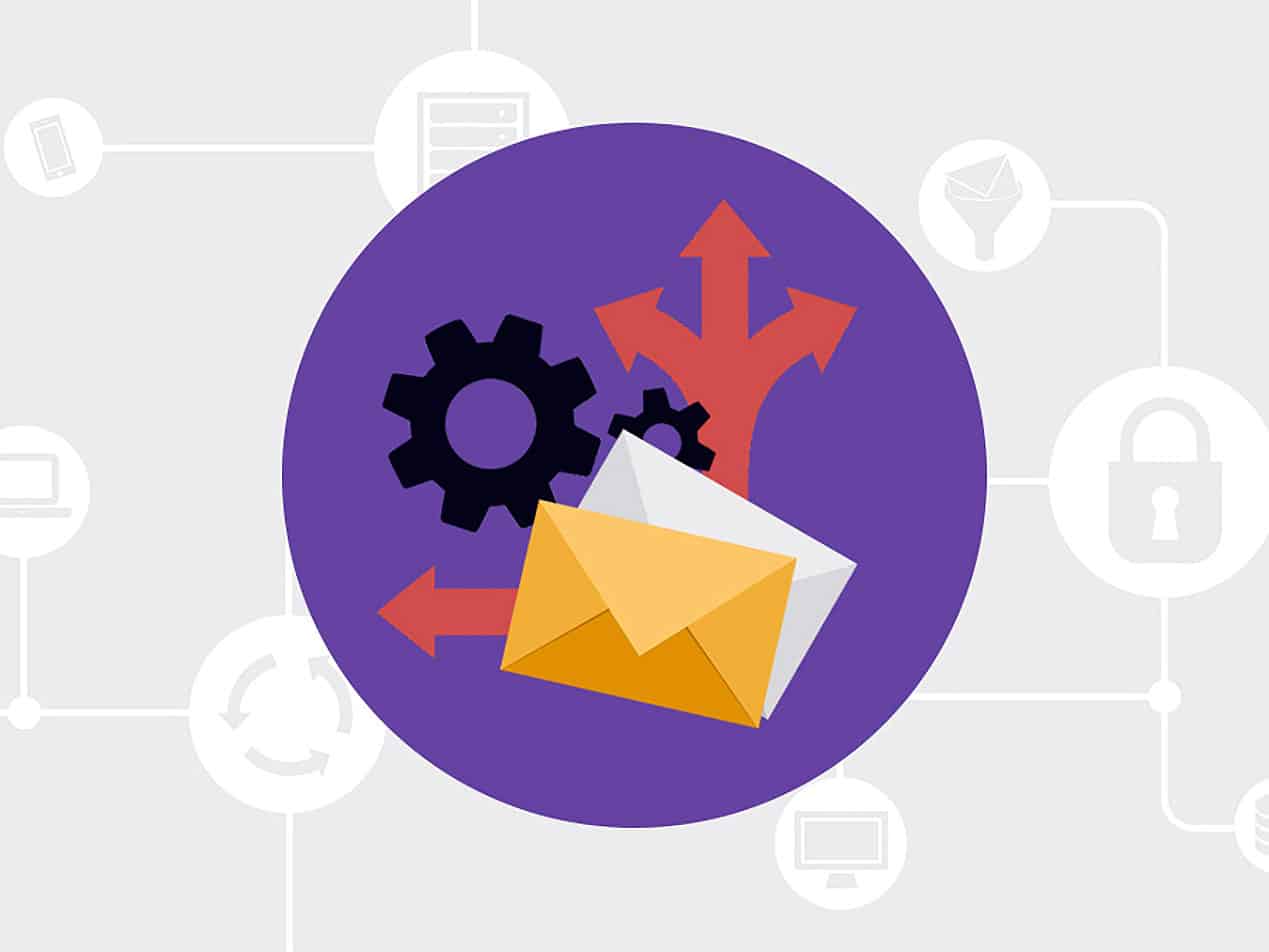
Years of movie and television dramas have taught many of us the importance of securing the scene of the crime to allow the careful documentation of gathering of physical evidence. And in a legal proceeding, whether a criminal or civil case, the process of collecting evidence is called "discovery." In the information age, the scene of the crime is often digital, from computer hard drives to bank databases. The skills required to investigate them have created specialized professions in computer forensics and forensic accounting. The process of collecting digital evidence is called " eDiscovery" (or "e-discovery"). The term eDiscovery covers all aspects of the process, from identifying and collecting digital information to searching through it, to organizing and presenting it for use in a legal action.
How important is eDiscovery?
Although physical evidence gets all the attention in Hollywood (working on a computer doesn't offer much drama), eDiscovery has many advantages over conventional legal discovery. Searching through a database for a specific word or number is much easier than reviewing boxes of paper documents and receipts. And a database can easily include millions of records, whereas the hardcopy equivalent would fill several buildings. And in eDiscovery, the investigation can take place anywhere in the world, involving many people at the same time, working with the same evidence. Digital information typically includes tons of important details, including who, where, and when, down to the millisecond. And perhaps most importantly, digital information is hard to destroy. Whether it was on a computer hard drive or a network server, and especially if the system included regular backups, evidence can be brought back from accidental or intentional deletion.
How does eDiscovery work?
In a legal case, either side can issue a request for production to the other. eDiscovery requests focus on electronically stored information (ESI). The Federal Rules of Civil Procedure require that the requesting party be allowed to "inspect, copy, test, or sample" the requested information, which includes documents, digital photographs, audio and video recordings, and databases. Information relevant to the case can then be admitted into evidence as exhibits and referenced during court proceedings.
How common is eDiscovery?
eDiscovery is part of almost every legal case. And perhaps not surprisingly, email is one of the most common forms of evidence requested, collected, and used in court. This is why email security is of paramount importance. Email is the most common way that information is improperly disclosed, whether it was done purposefully or accidentally. And improper disclosure is a common basis for legal action. This is why we offer Paubox Email Suite Premium, which comes with email archiving (preserving outbound and inbound emails to be indexed for search and retrieval), and data loss prevention (establishing business rules to identify and protect sensitive information from being shared without authorization). DLP is especially useful to avoid lawsuits because it prevents employees from either accidentally or maliciously sharing unauthorized information via email.
Conclusion
eDiscovery is an important part of any legal case, and the parties involved must comply with requests for information. Failure to do so can lead to adverse legal actions. And email is on the shortlist of things prosecutors and investigators want to review. Especially when health information and HIPAA are concerned, email archiving and DLP must be carefully considered as part of implementing HIPAA compliant email for your business.
Subscribe to Paubox Weekly
Every Friday we'll bring you the most important news from Paubox. Our aim is to make you smarter, faster.




